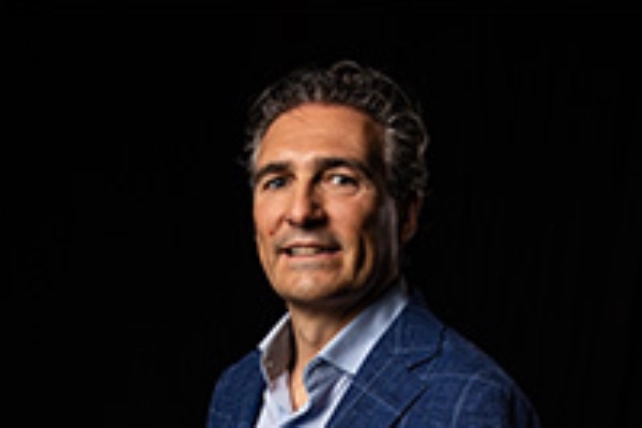
Fruit and vegetables – pure-plant food experiences – have been our core business since day one, putting sustainability at the heart of everything we do. But how do we reduce the impact in our own daily operations? And how do we safeguard sustainability in our value chain? To answer these questions, we set up a round table with the Managing Directors of our four divisions and our Group Sustainability Director.

Olivier Galard, Group Sustainability, Quality and Health & Safety Director at Greenyard: “Everyone agrees that a major shift in our eating habits is needed, both for our health and for the sustainability of our food chains. Fruit and vegetables are not just the foundation for any healthy diet, they are also the best way forward to feed the growing world population within the limits of our planet, as they use up less valuable land and resources than any other food category. Together with our customers and other stakeholders, we make every effort to further develop the pure-plant category, moving fruit and vegetables to the centre of our plates and making the healthy choice the easy choice for consumers.”

Anna Jęczmyk, Managing Director of the Greenyard Frozen division: “First of all, we have set clear and ambitious targets to reduce energy and water consumption, increase the use of renewable energy sources and prevent waste in all our operations.
Sustainability is also an important consideration in every investment we make. To give just one example for our division: we intend to build a new water treatment and re-use installation on our site in Westrozebeke, which will enable us to save 200 000 m3 of water every year. It’s a crucial project in a region with increasing water scarcity.”

Johnny Van Holzaet, Managing Director of the Greenyard Prepared division: “In 2024, we presented a comprehensive plan for the gradual electrification of our plant in Bree, Belgium. Over the last few years, we already switched our electricity contract to 100% green electricity, and we have just added another 7 500 solar panels, bringing the total to 9 000. The next frontier will be the electrification of production processes that are powered by natural gas. This will be quite a challenge, both economically and technically. Electricity prices are still at least twice as high as those for natural gas, while transitioning our energy-intensive processes requires considerable investments. We also need to get more electrical power to our plant to use an e-boiler. Therefore, we have already started researching the different options in collaboration with a local energy partner. We are confident we can make great progress over the next few years.”

Maarten van Hamburg, Managing Director of the Bakker division: “Our Integrated Customer Relationships give us much more leverage in our sustainability efforts.
By working fork-to-field, we are creating a demand-driven supply chain, in which waste is reduced to an absolute minimum, to the benefit of everyone: the retailer, the farmer and the consumer. Our end-to-end approach in the ICR way of working allows us to deploy leading sustainability programs.”

Charles-Henri Deprez, Managing Director of the Greenyard Fresh division: “We must never forget we have an important social responsibility to the many people working in our value chain. We need to make sure everyone can work in safe and healthy conditions and can benefit from their hard work, including the people who are picking the fruit on the other side of the world. It is our duty to help growers adapt and cope with extreme weather conditions and climatological evolutions. Safeguarding biodiversity and reducing our impact on natural ecosystems will be just as crucial in the long run. There can be no pure-plant future without a healthy agricultural sector.”
With the latest edition of our Sustainability Report, we offer our stakeholders a unique insight into our operations and how we put our sustainability strategy in daily practice. Using the new CSRD guidelines for maximum transparency, we report on the main actions we undertook in AY 24/25 and the progress on our targets for crucial topics such as our carbon footprint, water consumption, waste reduction and social responsibility. We hope it provides readers with valuable insights on how we improve life for everyone in our value chain.